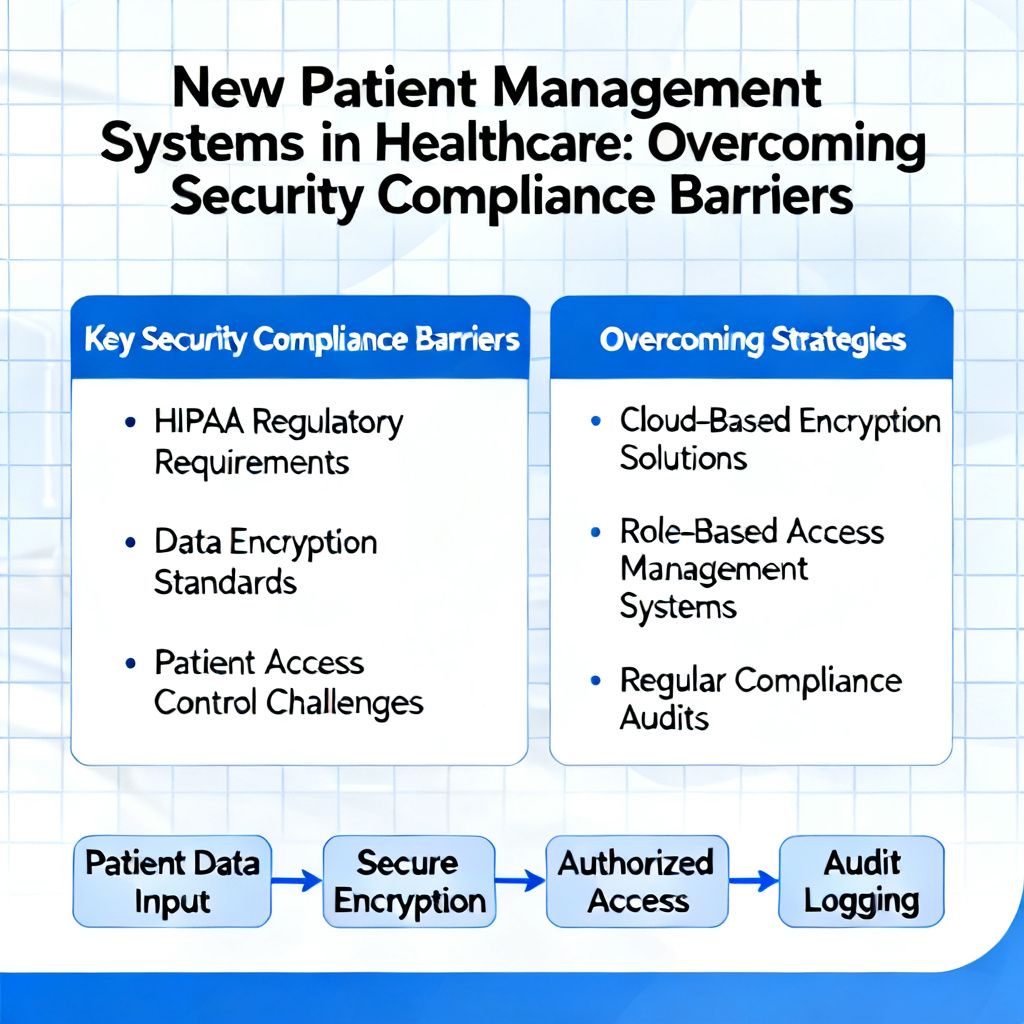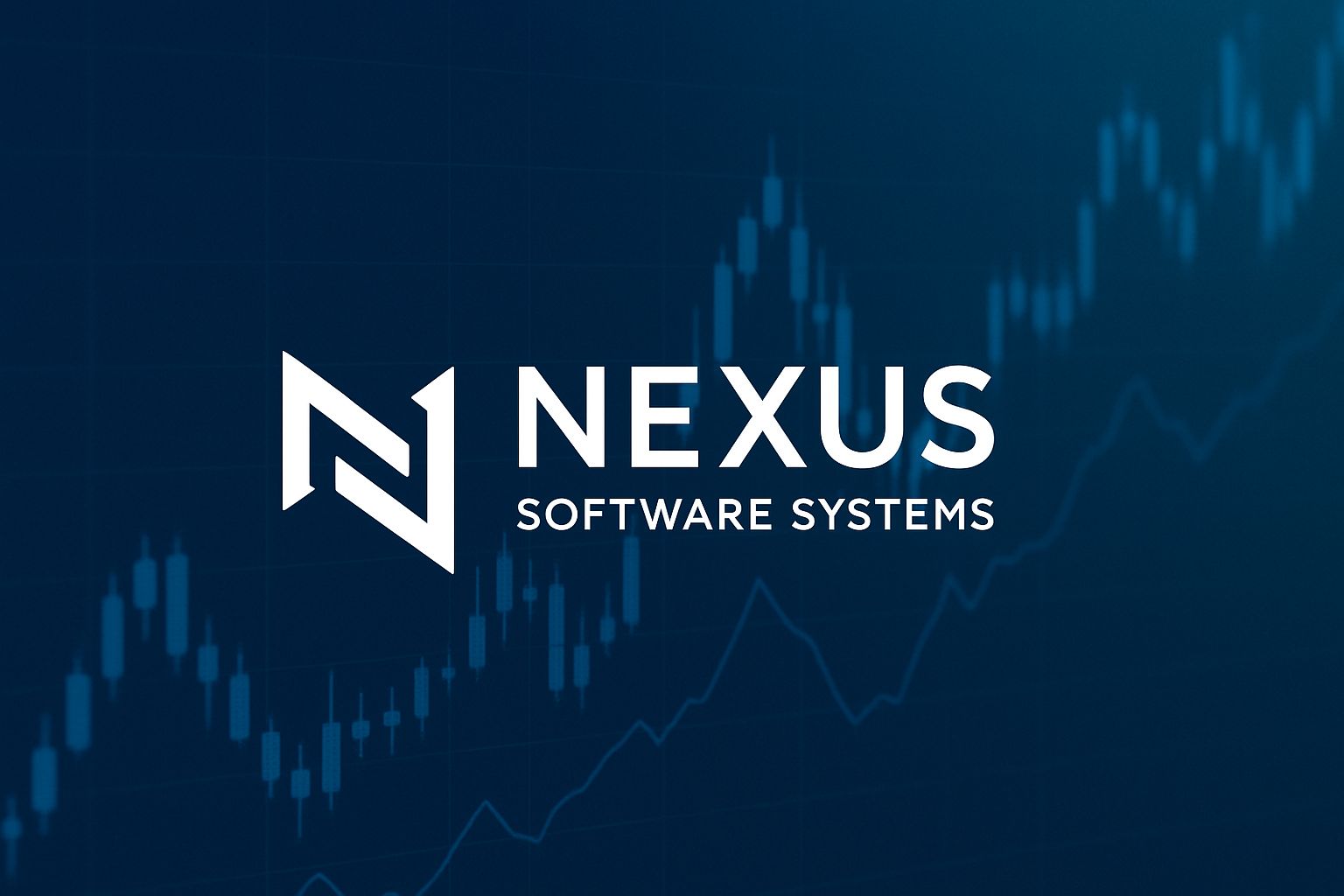Unleashing the Power of C++ with PHP: A Dynamic Duo for High-Performance Web Development
In the realm of web development, combining different programming languages can unlock a world of possibilities. One such powerful combination is integrating C++ with PHP.
The integration of C++ with PHP offers a powerful synergy, allowing developers to leverage the performance of C++ while harnessing the simplicity and versatility of PHP.
In this article, we’ll explore the benefits and use cases of using C++ with PHP, showcasing how this dynamic duo can elevate your web applications to new heights.
Why Use C++ with PHP?
PHP is currently used by 77.8% of all the websites whose server-side programming language we know.
PHP is used in many Content Management Systems (CMS), such as WordPress, Drupal, and Joomla. It is also used in many open source e-commerce systems, such as Magento, Opencart and Prestashop.
You may already be using a PHP application or have some PHP code written, but you know it could be faster, smaller, and consume less memory while running, or you would like to build a new application in PHP and ensure that it has a required performance or functional attribute.
While PHP is a popular choice for web development, it has its limitations. For instance, it’s not the fastest language out there, and it may struggle with certain computationally-intensive tasks. This can result in slow-loading pages and sluggish user experiences. Additionally, PHP may not have all the features and capabilities you need for your project. By incorporating C++ into your PHP application, you can overcome these limitations.
Code written in C++ is fast - much faster than code written in PHP.
For example, the simplest hello world application demonstrates the difference in performance:

A function written in C++ can be more than 20 times faster than the equivalent function in PHP. The performance difference can be greater in more computationally-intensive tasks.
When you start using C++, you also bring down your CPU and memory load, and your web pages instantly become more responsive. You can reduce hardware costs, because you simply need less server resources to handle the same number of page views.
C++ is a powerful, high-performance language that’s perfect for handling computationally-intensive tasks, such as complex data manipulation and image processing. It also offers low-level access to hardware, making it ideal for building custom extensions and modules that integrate with your PHP code.
Benefits of using C++ with PHP
-
Speed and Performance: One of the major advantages of integrating C++ with PHP is the significant boost in speed and performance. While PHP is renowned for its ease of use and rapid development capabilities, it may encounter limitations when handling computationally intensive tasks. By leveraging C++, developers can implement critical algorithms, data processing, or number crunching tasks, taking full advantage of C++’s low-level optimizations and native performance.
-
Utilizing Existing C++ Libraries: C++ boasts a vast ecosystem of libraries and frameworks, providing developers with a treasure trove of ready-to-use solutions. By integrating C++ libraries into PHP projects, developers can harness the power of these well-established tools. Whether it’s image processing, cryptography, machine learning, or scientific computing, there’s likely a C++ library available that can be seamlessly integrated with PHP, reducing development time and effort.
-
Extending PHP’s Capabilities: PHP is a versatile language, but there may be scenarios where it falls short in terms of functionality or speed. By extending PHP with C++, developers can overcome these limitations and enhance PHP’s capabilities. C++ can be used to create PHP extensions or modules, allowing direct integration of C++ code within PHP scripts. This approach enables developers to write high-performance code for specific tasks while maintaining the simplicity and flexibility of PHP for other parts of the application.
-
Optimizing Critical Code Sections: Certain code sections in web applications may demand exceptional performance due to high user traffic or complex computations. By isolating these critical sections and rewriting them in C++, developers can achieve substantial performance improvements. PHP’s interoperability with C++ allows seamless integration, ensuring that only the most performance-critical parts of the codebase are rewritten, while the rest can continue to leverage PHP’s simplicity.
-
Handling System-level Operations: PHP, being a higher-level language, is not always the ideal choice for performing system-level operations. However, by integrating C++ into your PHP projects, you can easily bridge this gap. Whether you need to interact with the operating system, access low-level APIs, or manage hardware devices, C++ provides the necessary tools and flexibility to handle system-level operations seamlessly. By combining the strengths of PHP for web development and C++ for system-level tasks, you can create powerful and versatile applications.
-
Real-World Use Cases: The combination of C++ and PHP finds applications across various domains. Many PHP applications could benefit significantly by leveraging the performance of C++. Here are a few real-world scenarios where this powerful duo excels:
-
E-commerce: Slow-loading pages can be a conversion killer. The faster your website’s load time is, the happier your visitors will be. In other words, when you optimize your web page’s load time, you can expect to see improvements in user experience (UX), conversion rates, and ultimately, sales revenue.
-
Financial Applications: By utilizing C++ for complex financial calculations and risk modeling, developers can enhance the performance of PHP-based financial applications, ensuring accurate and real-time results.
-
Image Processing: C++ libraries like OpenCV can be integrated with PHP to perform advanced image processing tasks such as image recognition, filtering, and manipulation.
-
How to Use C++ with PHP
There are several ways to integrate C++ with PHP. Here are some popular methods:
Using C++ Libraries with PHP
C++ offers a wide range of libraries that can be used in conjunction with PHP. These libraries can add new functionality to your PHP application, such as image manipulation, encryption, and networking capabilities. To use a C++ library with PHP, you can create a PHP extension that wraps the library’s functionality. This extension can then be loaded into your PHP application, giving you access to the library’s features.
Using C++ Classes in PHP
Another way to integrate C++ with PHP is by using C++ classes in your PHP code. This can be done using the PHP-CPP library, which provides a C++ API for writing PHP extensions. With PHP-CPP, you can create C++ classes that can be instantiated and used in your PHP code, giving you the full power of C++ within your PHP application.
Using C++ as a Backend for PHP
You can create a C++ program that handles the logic and processing required for the API request and response.
To use C++ as a backend for PHP, you can follow the steps below:
-
Design your API: Define the structure, endpoints, and functionality of your API. Determine the input parameters, expected output, and any data transformations or processing that need to be performed by the C++ backend.
-
Implement the PHP Endpoint: In your PHP application, create an API endpoint that handles the incoming requests. This endpoint will be responsible for receiving the API call from clients, processing the input parameters, and communicating with the C++ backend.
-
Interprocess Communication: Establish a communication channel between your PHP application and the C++ backend. There are several methods to achieve this, such as using interprocess communication mechanisms like sockets, named pipes, or message queues. Alternatively, you can use HTTP-based communication by having the C++ backend act as a separate server or by using an HTTP client library in C++ to make requests to the backend.
-
Prepare Data for C++ Backend: Convert the input parameters received in the PHP endpoint into a format that can be understood by the C++ backend. This could involve serializing the data into a specific format like JSON or XML.
-
Invoke the C++ Backend: Call the C++ backend by sending the prepared data through the established communication channel. This can involve sending the data over the socket, writing to the named pipe, or making an HTTP request to the C++ backend’s server.
-
Process Data in C++: In the C++ backend, receive the data from the communication channel and process it accordingly. Perform the required computations, data manipulations, or any other necessary tasks based on the API’s specifications.
-
Prepare Response from C++ Backend: Once the C++ backend has completed its processing, prepare the response data to be sent back to the PHP endpoint. Serialize the response data into a format that can be understood by PHP, such as JSON or XML.
-
Send Response to PHP Endpoint: Return the response data from the C++ backend to the PHP endpoint using the established communication channel. If using HTTP-based communication, you can simply send an HTTP response from the C++ backend to the PHP endpoint.
-
Parse and Return Response in PHP: In the PHP endpoint, receive the response from the C++ backend. Parse the response data if necessary and format it according to the API’s expected output. Finally, return the response to the client who made the API call.
By following these steps, you can effectively use C++ as a backend for a PHP API call. It allows you to leverage the performance advantages of C++ while benefiting from PHP’s simplicity and flexibility on the frontend.
Custom Extension Development
With C++ and PHP integration, you can have custom extensions developed that directly interact with the PHP interpreter. This opens up a world of possibilities for extending PHP’s functionality and building specialized modules tailored to your specific needs. Whether you want to create an optimized image processing module, a database driver, or a high-performance networking component, custom extensions allow you to harness the power of C++ to build efficient and specialized solutions.
Conclusion
By combining the power of C++ with the flexibility of PHP, you can have web applications that are fast, reliable, and highly functional.
Whether you would like to improve the performance of your existing PHP software or are building a new large-scale web application, by integrating C++ into your PHP code, you can harness the best of both worlds and have a highly performant and robust web application that offers unparalleled functionality.
Embrace the power of this dynamic duo and elevate your web applications to new heights.
Nexus Software Systems specializes in C++ extensions for PHP applications. We create high-performance, efficient, and cost-effective software. Delivering a significant competitive advantage to your business.
With over 35 years of C++ development experience and decades of web development experience, we can help you leverage the powerful performance of the C++ programming language in your PHP applications …
Contact us today to schedule a free consultation and see how we can help you achieve your PHP application's performance goals.



